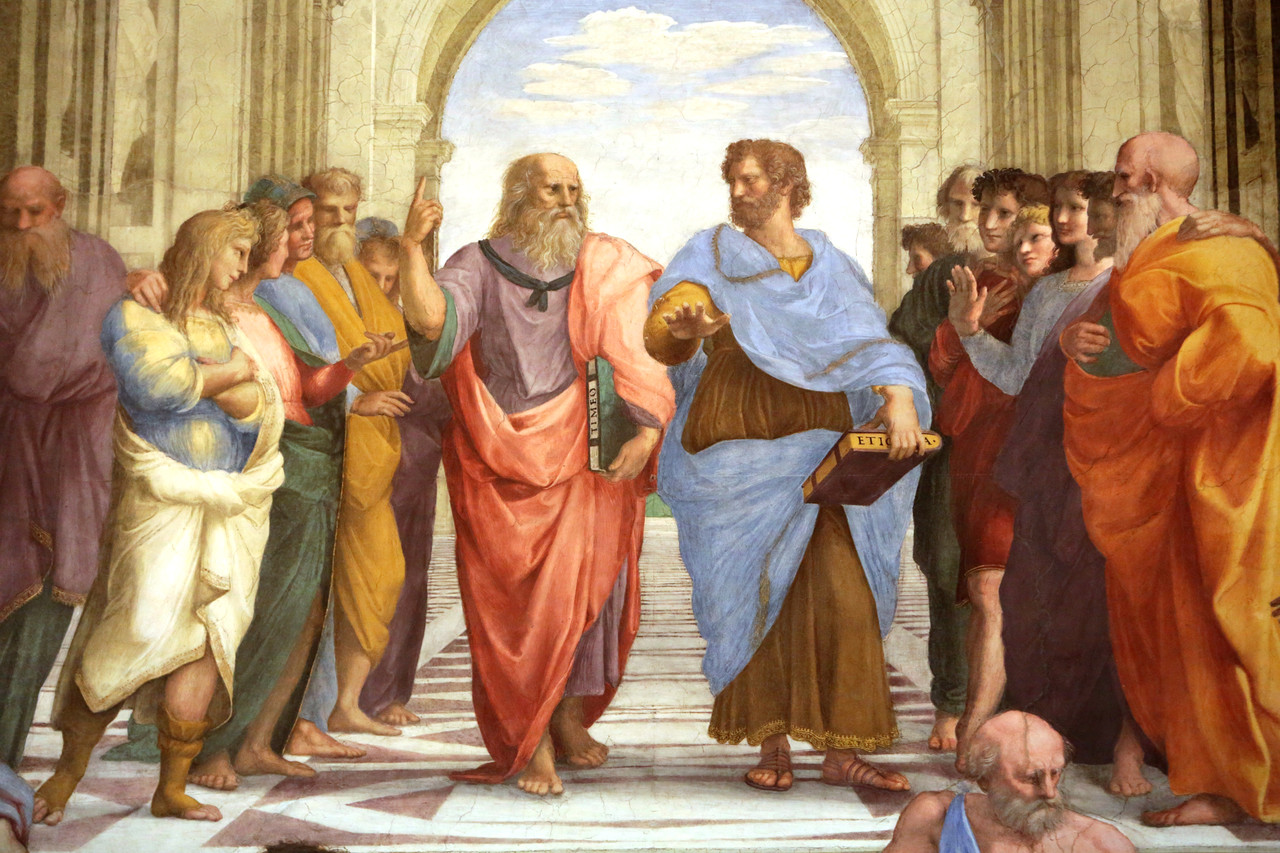
What is the nature of Being?
Aristotle's philosophy, his metaphysics at least, is underpinned by his notion of being (óntōs), and the study of that which constitutes said being, being qua being as it is typically referred to in the Western philosophical tradition. It…
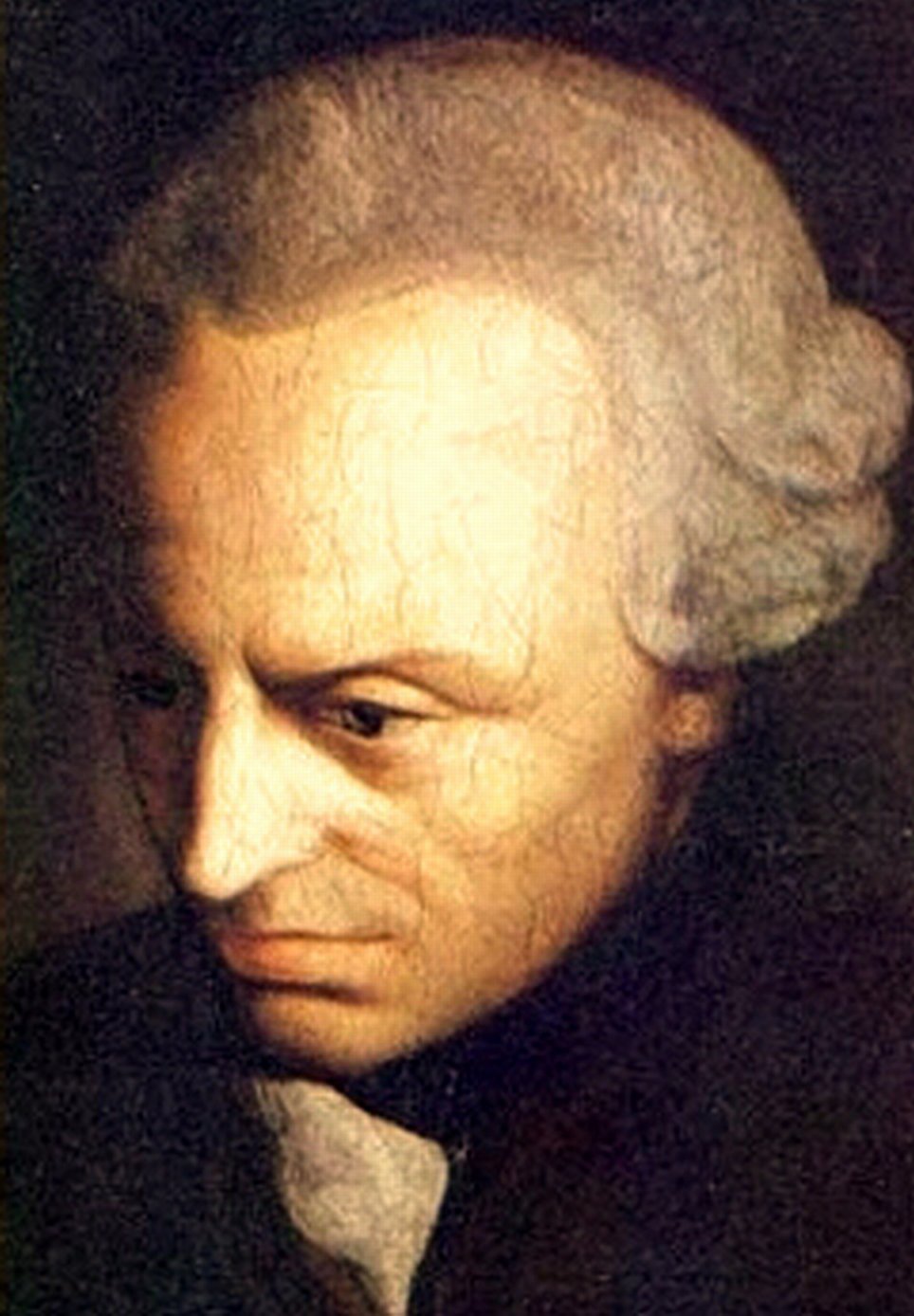
Immanuel Kant and the Age of Reason
The Enlightenment no doubt represents one of the most transformative periods in the history of civilization. While it was primarily an intellectual (really philosophical) movement, with a locus in 8th century Europe, it is rooted in intellectual…
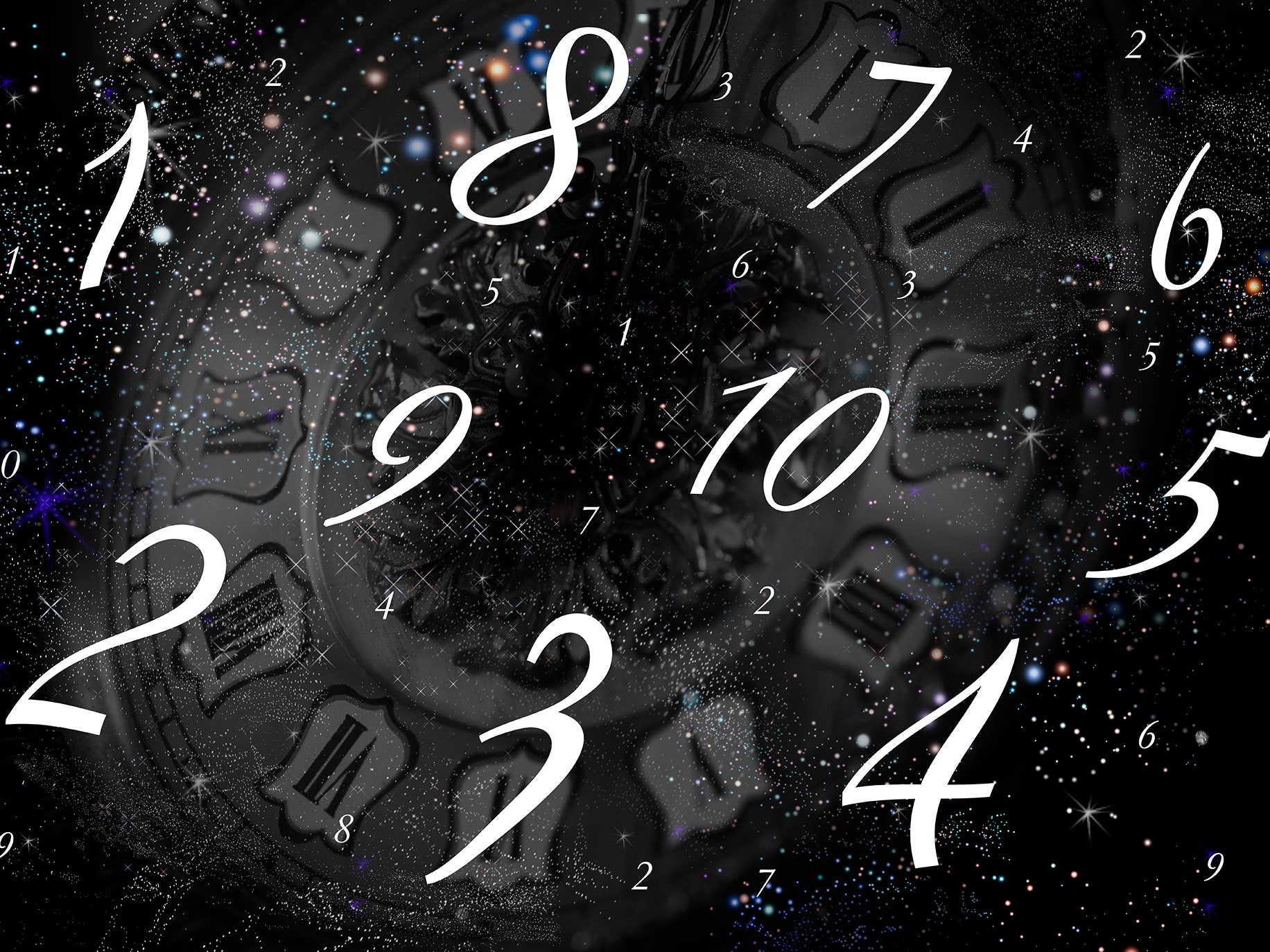
numbers and philosophy in antiquity (cont)
While it’s tempting to look at the sequences of the bāguà, again the “eight trigrams” or “eight gua”, which as far as the tradition goes represent the earliest form of the Yĭ Jing from which the system of the 64 hexagrams was…
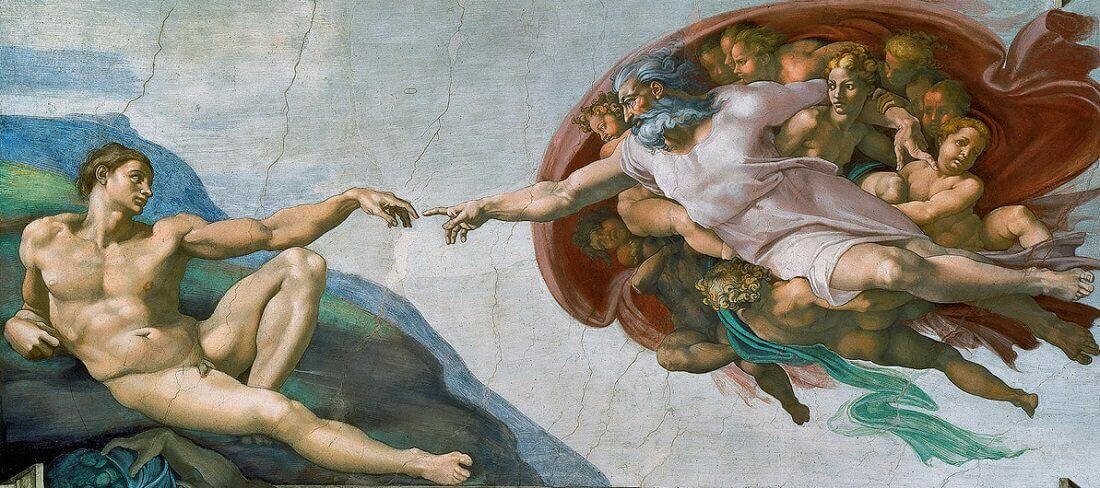
Master Carpenter at work
Unity of course, from which all existence emerges. Self created, out of the watery abyss of time itself. But the spirit of God created this world… Brahman, Yahweh, Allah, God…. He so many names. And as many of him as there are, there are…
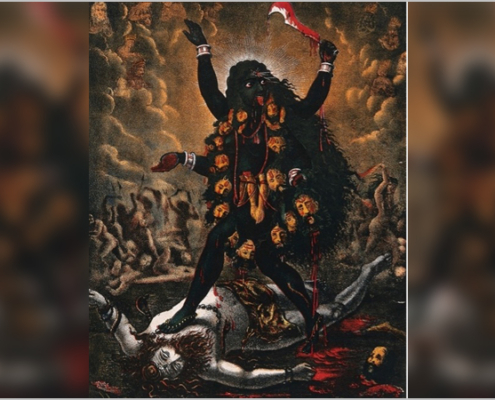
The Word and the Light
But back to Genesis, what it’s telling us is that God and the Word are one. They are inseparable. Through this power that is vested in him, that is him, Heaven and Earth were created. Our universe was born through sound. Through vibration.
In…

Creation (Old School)
The oldest wisdom of the Abrahamic lineage, the Jewish heritage you might say, lies in the Old Testament, and for better or worse this is my heritage – one I share with Jewish, Christian and Muslim brethren around the world mind you. Genesis has…

Superman
There’s almost an echo back to those character defining events, a psychological structure forms out of those cooking chambers and leaves behind scars that become reference points for your state of being.
What forces are at play and how are…
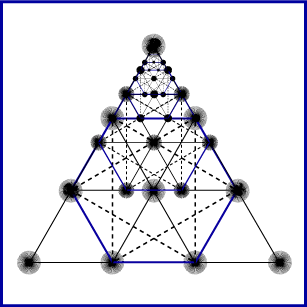
Numerology with Pythagoras
When looking for the origins of the theological study of mathematics within the Greek philosophical tradition we must of course start with Pythagoras (c. 570 – 490 BCE), whose strong connection to this field of study survives even to this…
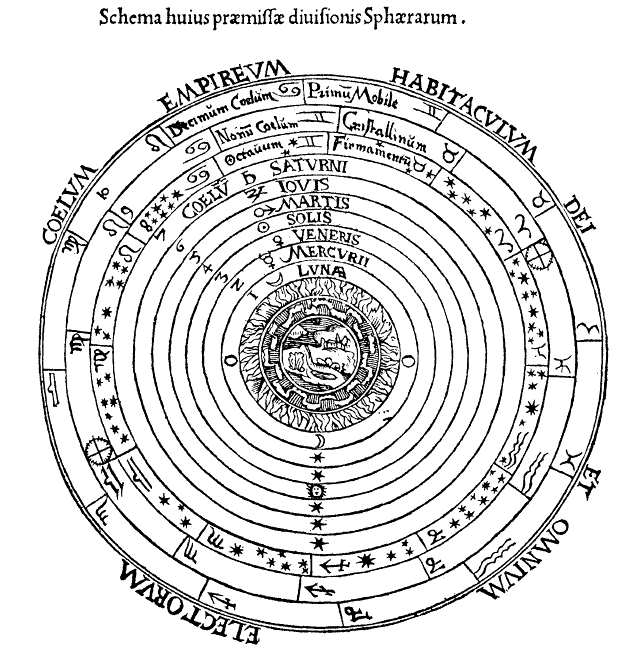
Magic Squares and Gematria: Mystical Codes
Building on this astronomical system, from a numerology or arithmology perspective, in the Western occult and esoteric traditions (traditions which emerged and matured well after Christianity’s widespread adoption and canonization) each…

On Ancient Numerology and Astronomy
In their quest for the ultimate symbols to represent reality, an integral of their philosophical pursuits, the Greeks developed an esoteric tradition that although was not inconsistent with the pantheistic tradition within which it coexisted,…
